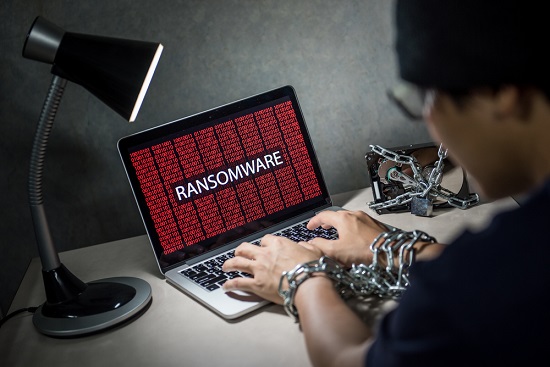
Firewall is a type of malware that blocks a company’s access to the system and their confidential files. Ransomware can be downloaded by visiting a secure and dangerous website or opening an attachment in an email. Ransomware can be offered by individuals and companies to cybercriminals in exchange for a fee. The operating system of computers has not kept up with the new developments in most cases. Because bitcoin is untraceable, cybercriminals were able to avoid detection.
There are many ways to deal with ransomware attacks.
- IT professionals can be hired to help restore the computer operations of your company using various technical methods, including trying to find the decryption keys.
- You can either live with the ransomware attack’s consequences or you can stop running your business.
- It is possible to take proactive steps to lower the chance of a ransomware attack. You can ensure that your business can continue operating even if it is attacked.
Ransomware Prevention Tips
- To be able to restore data from ransomware attacks, you should backup your data offline and on other systems. Backups should be done on a daily or weekly basis. You should make sure to test your backups regularly in order to ensure that they work after a cyberattack.
- Your employees should be taught how to open attachments in email, browse the internet, and download files.
- Access to the system by more people increases the risk of ransomware being introduced. Only system administrators should have access to key operations.
- Ransomware can be installed in administrator mode, but not all ransomware.
- Regular updates are required for anti-malware and antivirus software. They must be able scan URLs and attachments, as well as notify users if danger is detected.
- Software must be selected from a company that regularly updates its software to ensure it can respond effectively to ransomware attacks.
- It is important to establish policies that limit the types of attachments that may be opened and then sent.
- It is worth considering removing administrative rights from localities.
- Permissions must always be reset so that only IT administrators can deal with sensitive files, and only authorized personnel can modify or write information.
Firewall Tips To Boost Your Defenses Against Ransomware
Firewalls limit or block remote desktop protocol and other remote management services. A software program is required to detect spam emails and create a spam list. Spam mails should be deleted promptly to prevent users from opening or accessing bad attachments. Firewalls should also be capable of warning or deleting certain file extensions.
These are some firewall best practices that you should know:
- Make sure you have the right firewall engine.
- Remember that open ports can be entry points for ransomware. It is important to close all non-essential ports. When accessing remote sources, use VPNs instead.
- It is important to secure the ports that are still open.
- Remember to separate local area networks into virtual network LANs, or smaller zones. These can be connected securely via your firewall.
- You should set up appropriate IPS policies to govern network traffic to prevent worms or bots from spreading between segments of your local network.
- It is important to isolate infected systems immediately.
What should you do if a Ransomware attack occurs?
Here is a summary of system memory.
- Disconnect the system from power supply and disable automatic backups
- Server access blocked
- Examine emails
- Notify law enforcement
SpartanTec, Inc. can help you set up firewall best practices to minimize the chance of ransomware attacks.
SpartanTec, Inc.
Wilmington, NC 28412
(910) 218-9255
http://manageditserviceswilmington.com
Serving: Myrtle Beach, North Myrtle Beach, Columbia, Wilmington, Fayetteville, Florence

No comments:
Post a Comment